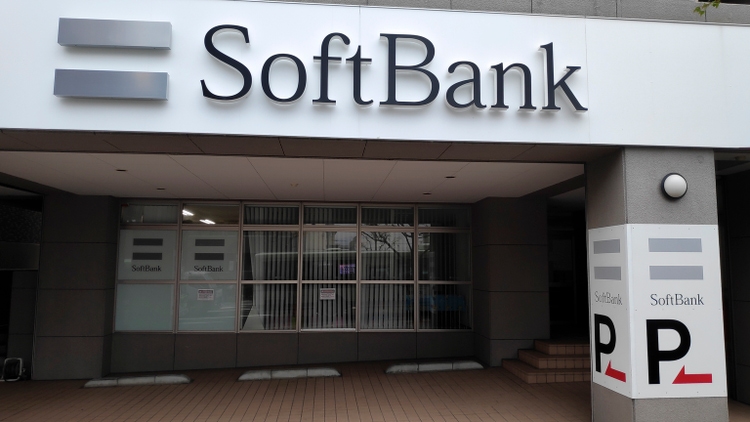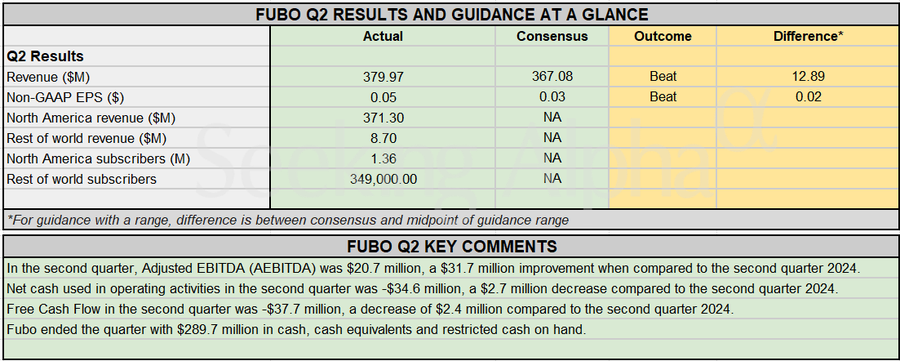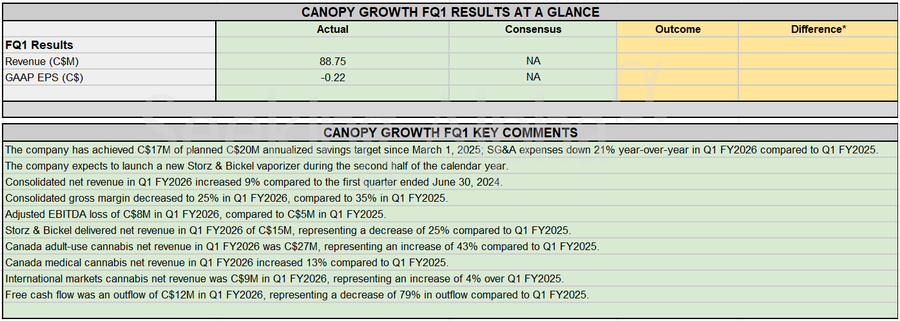The way the larger financial markets operate have changed over the years but Boardrooms in India haven't evolved at the same pace, SEBI Chairman Tuhin Kanta Pandey asserted on Friday, suggesting some changes that need to be incorporated as part of day-to-day practice.
Speaking at the 2025 Annual Directors' Conclave organised by Institute of Directors (IOD), SEBI chief said boardrooms in India are still equipping themselves with analog tools in a digital, decentralised, and high-stakes environment.
The boardroom of tomorrow will need different instincts, different questions, and different courage, he sets off as he went on to spell some of the changes the Boardrooms need to bring about.
First, he suggested that Boardrooms must shift from compliance to culture.
"Governance is no longer just about policies. It's about tone, about behaviour and about values in action. Does the board talk about succession planning - or only CEO compensation? Does it probe culture - or leave that to HR? Does it review whistle-blower trends with curiosity -- or with defensiveness?" he explained.
"We must begin treating culture as a board-level responsibility - just like financials, risk, or strategy," he supplemented.
In another suggestion, he called for redefining the role of indep\endent directors.
"We cannot continue to view them as honorary appointees, or friendly critics. They must be viewed - and treated - as stewards of accountability," the SEBI chief added.
Third, Boards must embrace governance technology, he opined.
"Let's stop viewing digital tools as burdens or threats. Today's boards can and should demand real-time dashboards that provide meaningful insights - not just volumes of PDF reports. Imagine dashboards that track red-flag employee exits, whistle-blower complaints, ESG trends, or vendor concentration risks -- and bring them to the board's attention before they hit the news," Pandey said.
Governance intelligence, according to him, must become as routine as financial intelligence.
Finally, he noted that Boardrooms need diversity that goes beyond demography.
"Gender diversity, regional representation, generational diversity -- all matter deeply. But what we need more of is cognitive diversity. We must ask - Do we have enough contrarian thinkers in the room? Do we have people who see risk differently - not more fearfully, but more perceptively?" he asked.
As he concluded his address, he noted that the real test of governance is not during steady growth but when something goes wrong -- when a whistle-blower email lands; when a social media campaign questions your ethics; when performance dips and pressure rises.
"That's when your governance model speaks loudest. And what it says - depends not on your policies, but on your people. So let's invest in shaping those people - for the boardroom of tomorrow. Not because regulators expect to. But because the future deserves it," he signed off.

 2 hours ago
1
2 hours ago
1















 English (US) ·
English (US) ·